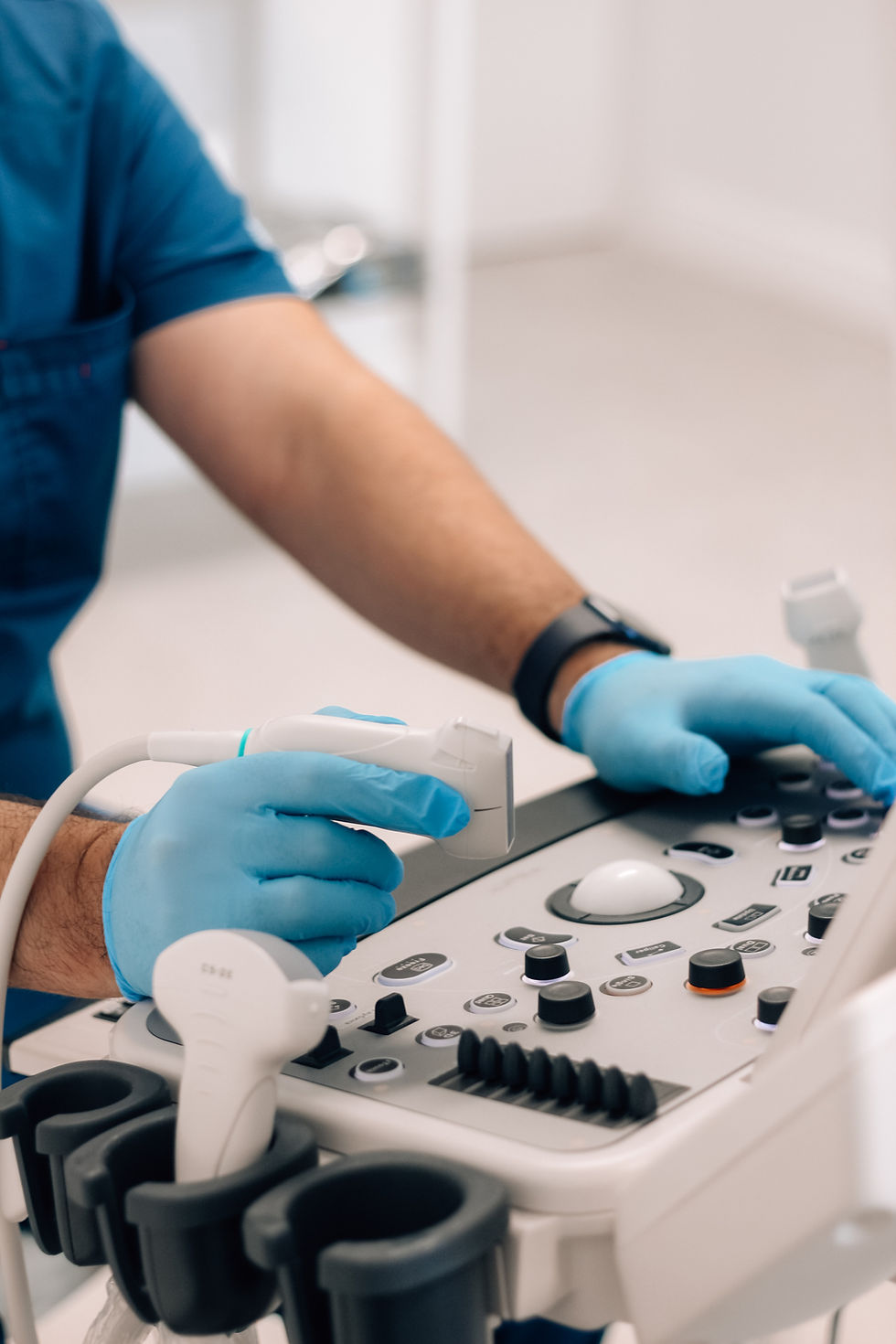What is an Allergist/Immunologist?
- Sandra A. Ho, MD

- Oct 25, 2022
- 2 min read

What is an allergist/immunologist?
An allergist/immunologist is a physician that is specially trained to diagnose and treat specific disorders of the immune system including: asthma, seasonal allergies, eczema, medication allergy, food allergies and contact skin allergies. They also diagnose and treat primary immunodeficiency.
What does it take to become an allergist/immunologist?
In the United States an allergist has undergone undergraduate schooling of 4 years, then will go to medical school for an additional 4 years. After finishing medical school and receiving an MD or DO degree, they will go on to complete a residency in internal medicine, pediatrics or joint residencies in med/peds which typically lasts 3-4 years. After completing a residency and obtaining board certification in that field, these dedicated physicians will then go on to fellowship training specializing in the field of allergy and immunology spanning 2-3 years. That is a sum total of at least 9 years of training after college!
What is board-certified? Does this matter?
Finally after all these years of schooling and training, a second board exam is administered by the American Board of Allergy and Immunology (ABAI) and those passing this exam are designated as ABAI certified. This ensures that your physician has acquired an in-depth knowledge and understanding of the field that far surpasses competence and is deemed an expert in the field. In addition to board certification, the physician will need to maintain their certification to keep their knowledge up to date with advances in the field. Look for a physician that is certified AND maintaining their certification. https://www.certificationmatters.org/about/,
What does an immunologist treat and not treat?
An allergist/immunologist deals mainly with diagnosis and treatment of primary immune deficiency leading to increased susceptibility to infections. Those with severe infections leading to hospitalization caused by a defect in key components of the immune system are typically diagnosed in infancy. These conditions are very rare. An allergist/immunologist does not treat autoimmune diseases such as Celiac’s disease, lupus, Sjogren’s disease or psoriasis.
If you are in need of an allergist/immunologist, book an appointment today with board-certified physician Sandra A. Ho, MD at Avant Allergy in Los Angeles today.



Comments